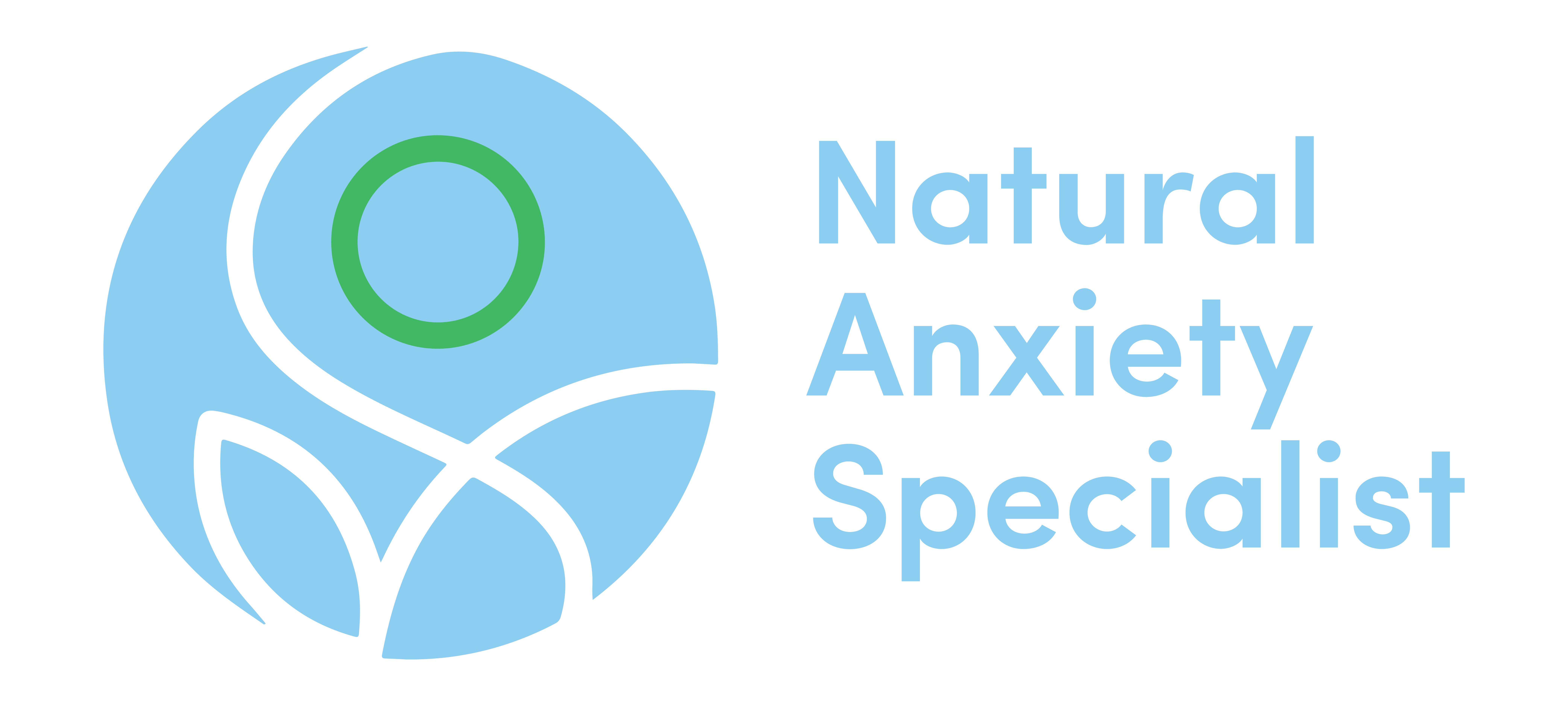What is Anxiety

What is anxiety? We can all feel anxious from time to time and anxiety is a normal and healthy emotion. It’s perfectly okay to feel worried about a particular situation or event, it happens to us all for a variety of reasons. However sometimes anxiety can dominate our life. In this post, we help you understand what is normal and healthy, how you are not alone, and also we let you know when you need to identify and address an anxiety problem.
A mental health disorder characterised by feelings of worry, anxiety or fear that are strong enough to interfere with one’s daily activities.
What’s normal and what’s not?
When we are anxious we can feel physical symptoms such as an increased heart rate and feeling shaky. We might have concerns about something we think is dangerous or a threat to us physically; or we may exhibit anxiety type behaviours such as avoiding situations or asking others for reassurance. All these aspects of anxiety are completely normal, so when do we need to be concerned about anxiety?
Anxiety becomes a problem when the anxious thoughts or worries become so persistent that they interfere with daily life.
This could be for a short period when life is stressful for clearly identifiable reasons. My rule of thumb is that if the anxious thoughts continue after the stressful period has ended, then it is a good idea to do something about it.
Who has Anxiety?
Anxiety is prevalent and a serious issue, at least in the developed world.
Anxiety in the Australia
Anxiety is the most common mental health condition in Australia. On average, 1 in 4 people will experience anxiety.1
This equates to 2 million Australians experiencing anxiety in any 12 month period. 10 per cent of the Australian population experiences social phobia during their lifetime. More women than men appear to develop the disorder. 12 per cent of Australians will experience Post Traumatic Stress Disorder (PTSD) in their lifetime.
12 per cent of Australians will experience Post Traumatic Stress Disorder (PTSD) in their lifetime. Serious accidents are one of the leading causes of PTSD in AustraliaUp to 40 per cent of the population will experience a panic attack at some time in their life.
Anxiety in the UK
The UK shows similar figures with 8.2 million cases of anxiety in 2013 and in England, women are almost twice as likely to be diagnosed with anxiety disorders as men which is a common finding. 2
You are not Alone
If you, or someone you know are an anxiety sufferer, the major takeout from all these statistics is that you are definitely not alone. This is a widespread health problem but the good news is that we have successfully treated many individuals with anxiety; each of these cases caused by different factors, so effective help is at hand.
Anxiety in the US
In the US, Anxiety Disorders affect 18.1 percent of adults in (approximately 40 million adults between the ages of 18 to 54).3
What is the impact of all this Anxiety?
In general, it is known that people with an anxiety disorder are three-to-five times more likely to go to the doctor.
It is also understood that the actual figure of people suffering from an anxiety disorder is likely
to be much higher due to under diagnosis, individuals not seeking help, and the disorder masquerading as another (often physical) illness. (More about this aspect in our post here.)
Anxiety in the New Zealand
Depression and anxiety disorders are very common. In the 2011/2012 New Zealand Health Survey, 14.3% of New Zealand adults (more than half a million people) had been diagnosed with depression at some time in their lives, and 6.1% (more than 200,000 people) with anxiety disorders (including generalised anxiety disorder, phobias, post-traumatic stress disorder and obsessive-compulsive disorder.
What Types of Anxiety are there?
There are several types of anxiety and you can learn more about these and how the Natural Anxiety Specialist clinic approaches them in a separate post here. The main one is Generalised Anxiety Disorder but there are also anxiety disorders such as phobias, obsessive compulsive disorder, post-traumatic stress disorder and panic disorder. All these anxiety disorders are treadiv by the Natural Anxiety Specialist without pharmaceutical drugs using an integrative natural approach.
Anxiety is a major issue in the developed world, it’s very important to increase awareness for yourself and others so that people needing help can have access to it.
What are the causes?
Anxiety disorder is rarely caused by a single factor. It is often a combination of things such as physical factors, personality factors, challenging experiences in life, and physical health. Substance abuse can be a cause or a contributory factor, as can a genetic predisposition in your family.
Certain personality traits in children such as perfectionism, timidity, inhibition, low self-esteem and the desire to control many aspects of their, life can result in teens and adults with anxiety disorder.
Stress and Anxiety factors:
Stressful life events can be a significant contributory factor to developing anxiety such as:
- Work stress or job change
- Family and relationship issues
- Death or loss of a loved one.
- Pregnancy and giving birth
- Major emotional shock following a stressful/traumatic event
- Verbal, sexual, physical or emotional abuse or trauma
- Teasing, bullying amongst children and young adults
Physical Health and Anxiety factors:
Chronic ill health can be a cause of anxiety as well as anxiety being a contributory factor to chronic illnesses. Some conditions are associated with anxiety conditions such as: Asthma, hypertension, heart disease and diabetes. In addition, some physical illnesses can mimic anxiety conditions such as having an overactive thyroid which can make you feel tired and shaky, with a racing heart.
Recommendations for Anxiety Sufferers:
- See a doctor to assess if there are any underlying physical illnesses causing anxiety, such as an over active thyroid
- Learn some life style techniques such as Meditating, breath work, spending time in nature. (Take our course)
- Take regular exercise to balance and reduce anxiety hormones
- Eat a healthy anxiety reducing and balanced diet (We can show you how)
- Consult with our team at The Natural Anxiety Specialist to work on your anxiety holistically and guide you back to happy health.
How we work at the Natural Anxiety Specialist
We are an online and face to face clinic specialising in the holistic treatment of Anxiety. We treat each person as an individual using a multi-disciplinary approach guiding you through healing and balancing your own causation, lifestyle, diet/nutrition, and exercise factors. We use Counselling and Homeopathy as adjunct treatments to bring about a cure for even the most stubborn cases.
In fact…….we specialise in you when you have almost given up hope of being free from your Anxiety. We treat face to face or via skype and have online programs to educate you in the latest natural tools and techniques to help yourself. Contact us for a free 15 minute consultation.
Australian Bureau of Statistics. (2008). National Survey of Mental Health and Wellbeing: Summary of Results, 2007. Cat. no. (4326.0). Canberra: ABS.
1https://www.mentalhealth.org.uk/statistics/mental-health-statistics-anxiety
2www.anxietycentre.com/anxiety-statistics-information.shtml
3https://www.mentalhealth.org.nz/assets/Uploads/MHF-Quick-facts-and-stats-FINAL.pdf


0 comments
Leave a comment
Please log in or register to post a comment